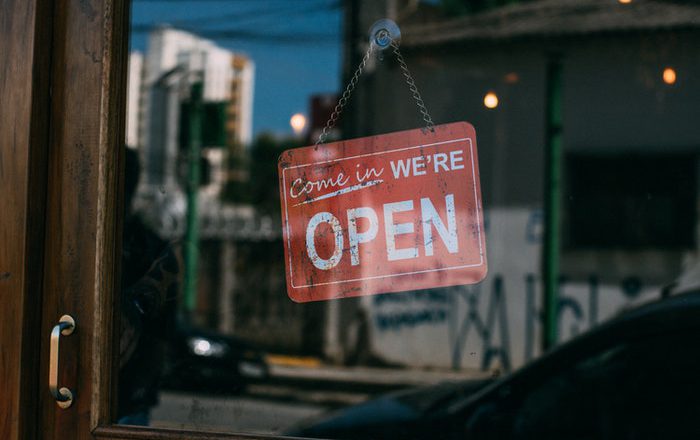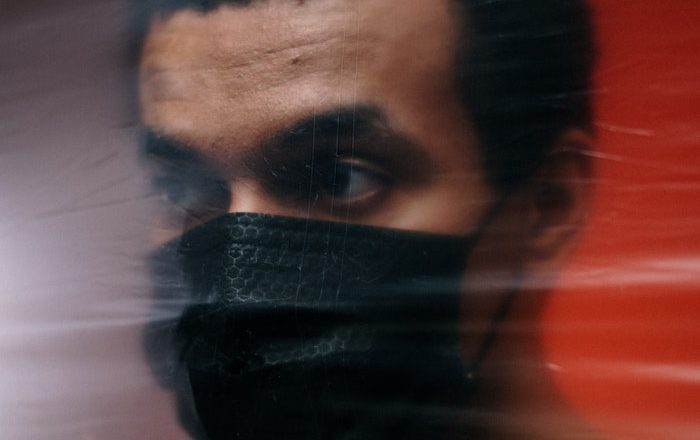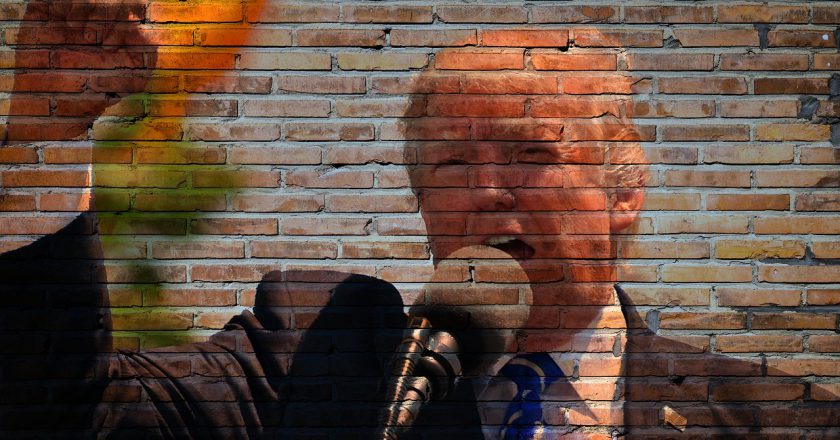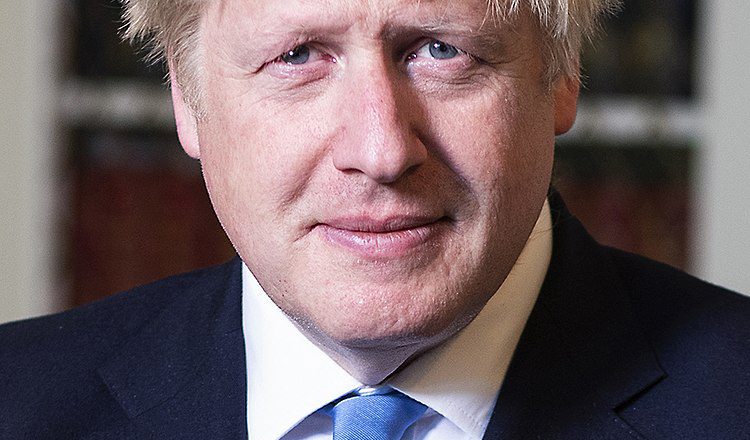Research Suggests – Here’s Why It’s A Public Health Problem That Nearly 60 Million Americans Don’t Drink Their Tap Water
Imagine seeing a news report about lead contamination in drinking water in a community that looks like yours. It might make you think twice about whether to drink your tap water or serve it to your kids – especially if you also have experienced tap water problems in the past.
In a new study, my colleagues Anisha Patel, Francesca Weaks and I estimate that approximately 61.4 million people in the U.S. did not drink their tap water as of 2017-2018. Our research, which was released in preprint format on April 8, 2021, and has not yet been peer reviewed, found that this number has grown sharply in the past several years.
Other research has shown that about 2 million Americans don’t have access to clean water. Taking that into account, our findings suggest that about 59 million people have tap...





